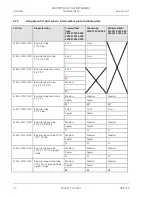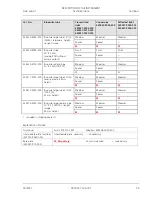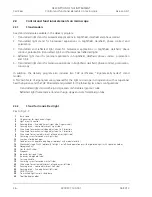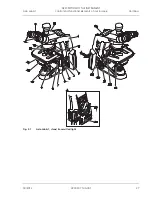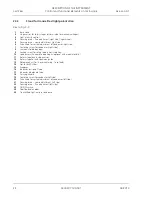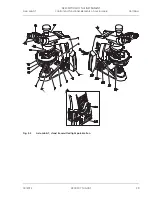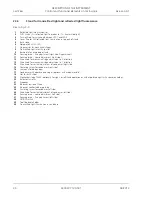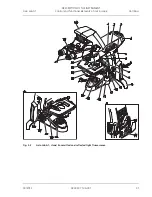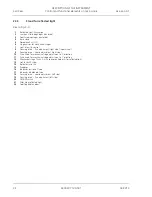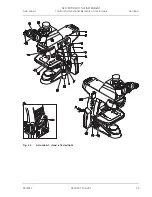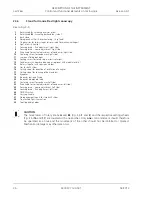Reviews:
No comments
Related manuals for Axio Lab.A1

BX51M
Brand: Olympus Pages: 36

MF31 Series
Brand: MshOt Pages: 15

Mic-Fi Eye
Brand: Gima Pages: 4

571415
Brand: Jeulin Pages: 12

2176727
Brand: TOOLCRAFT Pages: 40

DTX 350 LCD
Brand: Levenhuk Pages: 46

AL120-12 Series
Brand: Olympus Pages: 68

Video Flex® except 2000 series
Brand: Ken A Vision Pages: 1

T-2701
Brand: Ken A Vision Pages: 1

T-1953BP
Brand: Ken A Vision Pages: 2

Vision T-2200C Series
Brand: Ken A Vision Pages: 4

Comprehensive Scope T-1901
Brand: Ken A Vision Pages: 4

T-19541C
Brand: Ken A Vision Pages: 8

T-1941
Brand: Ken A Vision Pages: 8

T-1931C
Brand: Ken A Vision Pages: 8

Digital Comprehensive Scope 2
Brand: Ken A Vision Pages: 8

Comparison Scope T-1924C
Brand: Ken A Vision Pages: 8

Comparison Scope 2 T-19241C
Brand: Ken A Vision Pages: 8




















